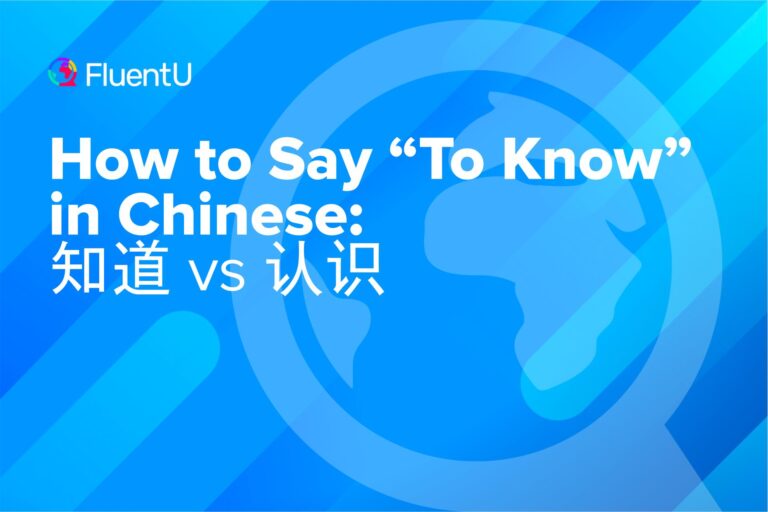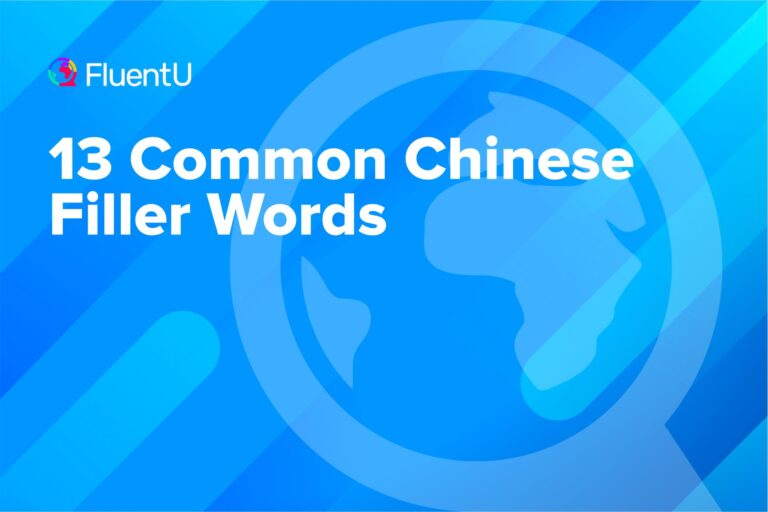The Ultimate Guide to 想 vs 觉得 in Chinese

In Chinese, there are two ways to say “I think”: 我想 (wǒ xiǎng) and 我觉得 (wǒ jué de).
But they’re not used the exact same. Here are what the two words mean and how to use each one correctly. I’ll explain each, give simple example sentences and finish with important takeaways.
Download: This blog post is available as a convenient and portable PDF that you can take anywhere. Click here to get a copy. (Download)
1. 我想 (wǒ xiǎng) — I think, reckon, hope, miss
There are many meanings of this one humble phrase. First, 我想 translates to “I think.” But if we’re being more precise, it means something more like “I reckon,” “I imagine” or “I suppose.”
It usually indicates that you believe or speculate something to be true, but haven’t verified it with evidence.
For example:
让我想一下。
(ràng wǒ xiǎng yī xi.)
Let me think for a moment.
我想明天可能会下雨。
(wǒ xiǎng míng tiān kě néng huì xià yǔ.)
I suppose it might rain tomorrow.
这比我想的更好!
(zhè bǐ wǒ xiǎng de gèng hǎo!)
This is better than I imagined!
Second, 我想 can also mean “I want” or “I would like to.” It’s not completely synonymous with 我要 (wǒ yào — I want), but 我想 can show your wish or hope for something to occur.
For example:
我想分手。
(wǒ xiǎng fēnshǒu.)
I want to break up.
你想吃就吃吧!
(nǐ xiǎng chī jiù chī ba!)
If you want to eat, just eat!
Finally, the third major use of 我想 is to show you miss, yearn or long for something.
For example:
我在国外特别想家人。
(wǒ zài guó wài tè bié xiǎng jià rén.)
I really miss my family when I’m abroad
2. 我觉得 (wǒ jué de) — I think, feel
The first use of 我觉得 indicates you are expressing a falsifiable opinion or assertion. You have mulled over a set of facts and have settled on a conclusion. It is your opinion or judgment, and it’s settled in your mind.
For example:
我觉得中文很难学。
(wǒ jué de zhōn gwén hěn nán xué.)
I think studying Chinese is hard
我觉得这条裙子很好看。
(wǒ jué de zhè tiáo qún zi hěn hǎo kàn.)
I think this skirt is really nice
我觉得这家餐厅很好吃, 你觉得呢?
(wǒ jué de zhè jiā cān tīng hěn hào chī, nǐ jué de ne?)
I think this restaurant is great, what do you think?
Second, 我觉得 can also be used to express a feeling, sensation or perception. Whether you feel hungry, tired, scared or excited, you should use 我觉得.
For example:
我觉得有点冷。
(wǒ jué de yǒu diǎn lěng.)
I feel a bit cold.
早餐没有吃,现在我觉得好饿啊!
(zǎo cān méi yǒu chī, xiàn zài wǒ jué de hǎo è a!)
I didn’t eat breakfast, now I feel so hungry!
我越想这件事情, 越觉得伤心。
(wǒ yuè xiǎng zhè jiàn shì qíng, yuè jué de shāng xīn.)
The more I think about this, the more hurt I feel.
When to Use 想 vs. 觉得 in Chinese
Here are some tips to remember. And for even more examples of vocabulary in use, you can check out the videos and learning tools on FluentU.
FluentU takes authentic videos—like music videos, movie trailers, news and inspiring talks—and turns them into personalized language learning lessons.
You can try FluentU for free for 2 weeks. Check out the website or download the iOS app or Android app.
P.S. Click here to take advantage of our current sale! (Expires at the end of this month.)
1) Simplistically, think of 我想 as a hybrid of the English “I believe” and “I would like.” Similarly, think of 我觉得 as a mix of “I think” and “I feel.” As a rule of thumb, in the context of “I think,” 我想 is your “gut feeling,” where 我觉得 is more your reasoned judgment.
2) Both have other meanings beyond “I think.” You are sure to encounter the different meanings of each word in beginner texts. In addition to “I think,” 我想 means “I would like” or “I miss.” And 我觉得 means “I feel.”
And there you have it—a rundown of 想 vs. 觉得 in Chinese. With practice, the differences will become more intuitive and second nature soon.
Download: This blog post is available as a convenient and portable PDF that you can take anywhere. Click here to get a copy. (Download)
And One More Thing...
If you want to continue learning Chinese with interactive and authentic Chinese content, then you'll love FluentU.
FluentU naturally eases you into learning Chinese language. Native Chinese content comes within reach, and you'll learn Chinese as it's spoken in real life.
FluentU has a wide range of contemporary videos—like dramas, TV shows, commercials and music videos.
FluentU brings these native Chinese videos within reach via interactive captions. You can tap on any word to instantly look it up. All words have carefully written definitions and examples that will help you understand how a word is used. Tap to add words you'd like to review to a vocab list.
FluentU's Learn Mode turns every video into a language learning lesson. You can always swipe left or right to see more examples for the word you're learning.
The best part is that FluentU always keeps track of your vocabulary. It customizes quizzes to focus on areas that need attention and reminds you when it’s time to review what you’ve learned. You have a 100% personalized experience.
Start using the FluentU website on your computer or tablet or, better yet, download the FluentU app from the iTunes or Google Play store. Click here to take advantage of our current sale! (Expires at the end of this month.)











